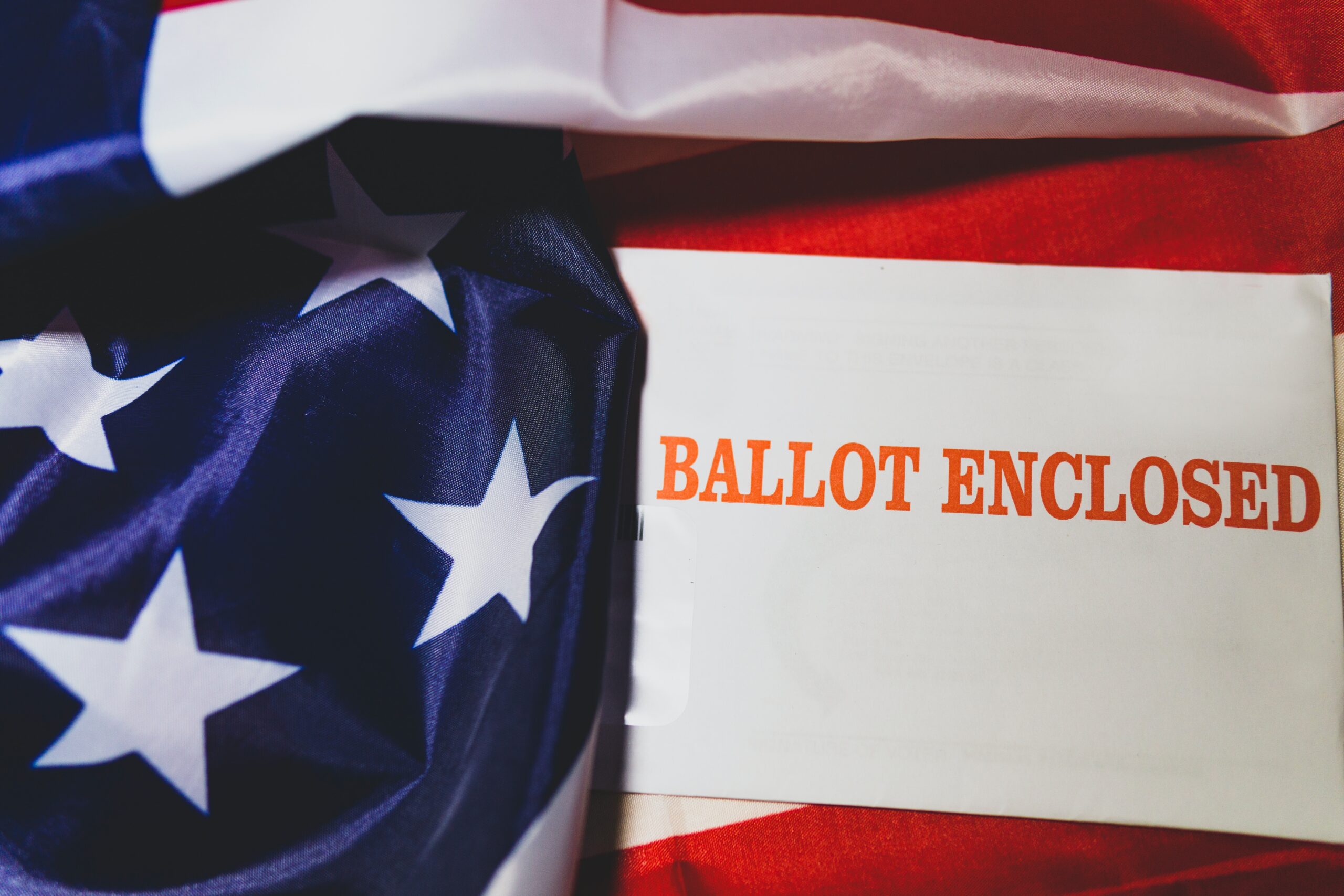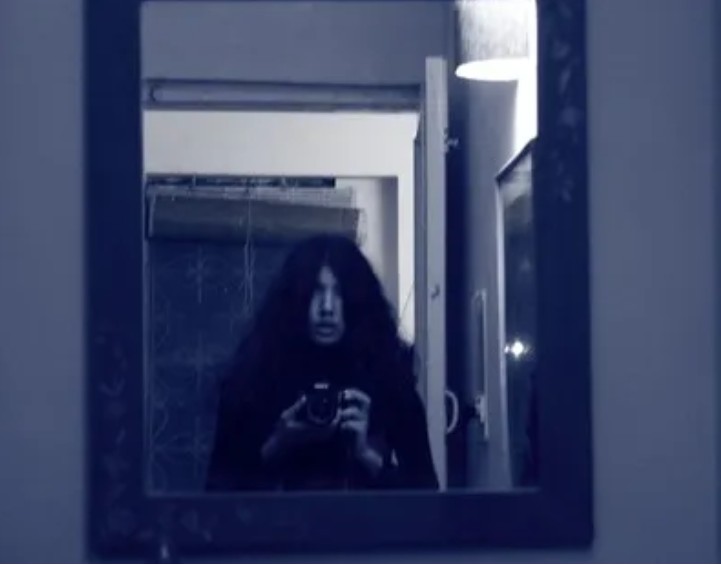
Mr. William A. Anderson — mastermind behind the 1901 Virginia Constitution — would certainly understand what is happening daily outside the early-voting location in Spotsylvania County.
Blatantly deceiving voters.
Neither Nick Ignacio — a candidate for clerk of court — nor Steve Maxwell who is running for Spotsylvania Sheriff have Anderson’s acumen. Yet they certainly share his desire to twist and exploit every gap they can find in the law to promote false information and mislead voters.
From the first day of early voting, Ignacio and Maxwell have knowingly been passing out misleading sample ballots — one Democratic, one Republican — to unsuspecting voters, with Ignacio making the false claim that he has been endorsed by both parties.
In fact, Ignacio was expelled from the Republican Party and according to Bob Martin who chairs the Spotsylvania Democratic Committee, has not been endorsed by the Democratic Party.
The misleading Democratic sample ballot they are circulating claims the Democrats endorse not only Ignacio and Maxwell, but also that they have no opinion on the race between Jordan Lynch and Belen Rodas for School Board. Spotsylvania Democrats have endorsed both Rodas and Harris respectively:

The problem? There is nothing in the Virginia Code that prevents Ignacio and Maxwell from handing out bogus ballots according to two legal authorities who spoke with the Advance on the condition of anonymity.
To make mattes slightly more complicated, Spotsylvania County registrar Kelli Acors — at the center of the storm the Advance broke in July over Ignacio and Maxwell bucking state Board of Election guidelines and collecting signatures before the official start date for so doing — told NBC4 News on Friday that there’s nothing she can do.
“We don’t have the authority, nor the Department of Elections does, on what is advertised or what they’re sharing on their sample ballot,” Acors said to NBC4.
This means any action taken must be done via a formal lawsuit, something the Democratic Committee in Spotsylvania doesn’t have the resources to execute, according to Martin.
On the Republican side, an individual familiar with activities within the Spotsylvania County Republican Committee who spoke with the Advance on the condition of anonymity, said that Rabih Abuismail had referred the matter to the state Republican Party’s attorneys, but to this point no action has been taken.
(We reached out to Abuismail, but he has not responded.)
The misleading sample ballots are just one issue, however. There is yet another sample ballot which masquerades as the one approved by the Spotsylvania Republican Committee but has been purposefully altered to have Ignacio’s name filled in.
Ignacio, Maxwell, Anderson: Misunderstanding the ‘Understanding Clause’ Perfectly Well
So what does Mr. Anderson, who died in 1930, have to do with the activities in Spotsylvania?
Anderson was the “founding father” behind the Virginia Constitutional Convention of 1901, which legalized the disenfranchisement of Black voters. Yet Anderson’s task wasn’t as simple as writing Jim Crow into the state constitution in order to forbid Blacks from voting.
The problem faced in 1901 was the 15th Amendment, which guaranteed people the right to vote regardless of their “race, color, or previous condition of servitude.”
Named president of the Virginia Bar Association in 1900, Anderson used his presidential speech to address finding a way to disenfranchise voters without violating the 15th Amendment.
That speech became the foundation for the ‘Understanding Clause’ that emerged from the 1901-1902 Constitutional Convention.
The debate over keeping Blacks from the polls was complicated, because poll taxes and similar requirements would not only violate the 15th Amendment, but they would also disenfranchise many poor white voters. As the Encyclopedia of Virginia explains:
Literacy tests, grandfather clauses, poll taxes, and combinations of election law changes all had the objective of depriving black men of the vote without explicitly depriving them of the vote because they were black, which the Fifteenth Amendment prohibited. Literacy tests were particularly controversial among Virginia Democrats because in some counties a significant number of white Democrats were illiterate, and some convention delegates were unwilling to disfranchise black men with a blunt instrument that would also disfranchise some white men. A number of influential Democratic delegates, however, were eager to reduce the number of poor and unlettered white voters, too. Instead of a literacy requirement, the convention created a flexible alternative called the “understanding clause.”
The act of disenfranchising voters that was approved entailed several steps, but in particular it required voters to explain any part of the Constitution.
Delegate Alfred P. Thom of Norfolk said: “I do not expect an understanding clause to be administered with any degree of friendship by the white man to the suffrage of the black man…. I would not expect for the white man a rigid examination. The people of Virginia do not stand impartially between the suffrage of the white man and the suffrage of the black man.”
This workaround had devastating effects on voting in Virginia from 1902 to the mid-1960s. In 1900, exactly 264,240 Virginia men voted. In 1904 that total had fallen to 135,865 people. This represented a decline of almost half. Black voters fell by 90 percent.
They would not recover until the mid-1960s.
Back to Spotsylvania: Campaigning Without Honor; Misunderstanding the Point
As has been the case with Ignacio — this is not the first time he has passed misleading sample ballots — he has proven himself adept at exploiting loopholes in the law, just as Anderson did.
Anderson acted with precision, parsing the legal code to build an argument supporting policies that he knew were explicitly in violation of the 15th Amendment.
As Carter Glass said of the Understanding Clause and disenfranchising Black voters:
By fraud, no: by discrimination, yes. But it will be a discrimination within the letter of the law, and not in violation of the law. Discrimination!
Objectively, discrimination within the letter of the law is precisely what Ignacio and Maxwell are accomplishing. Yet in many ways, their discrimination is broader and more insidious precisely because it manipulates a certain sentiment, namely that democracy works not because of the rule of law, but because of the unwritten ethical guidelines and understandings our society depends upon to operate smoothly.
Central to those unwritten ethical guidelines are honesty and transparency.
Hiding behind the letter of the law to openly deceive voters is a clear violation of those guidelines.
Ignacio and Maxwell may not be acting in a way that openly discriminates against minorities, as Anderson did. They are doing something worse. They are taking the tactics that Anderson developed, and using them to deceive us all, without a moment’s thought that to win an election by deception by misrepresenting oneself is to make a mockery of democracy itself.






